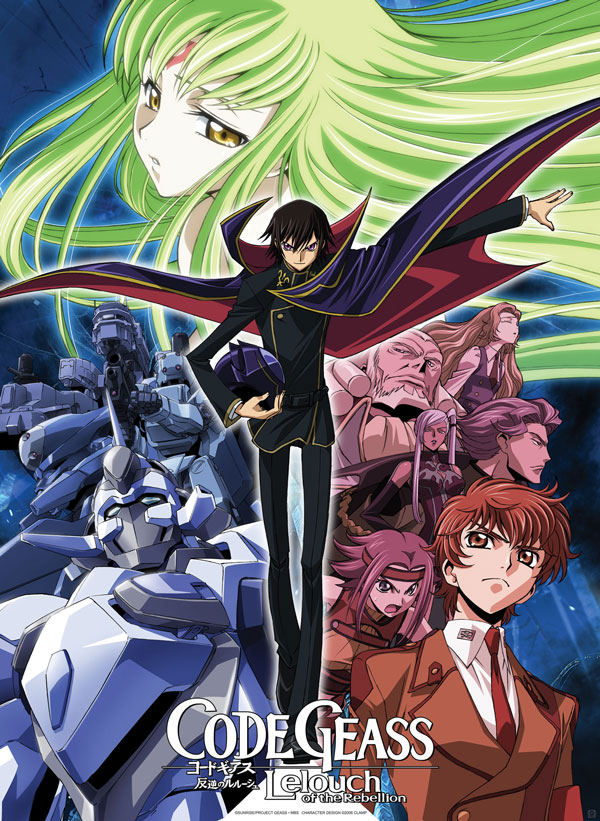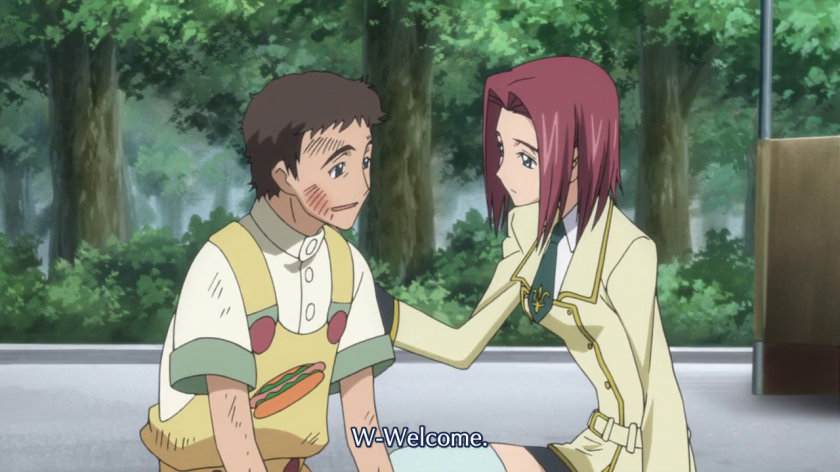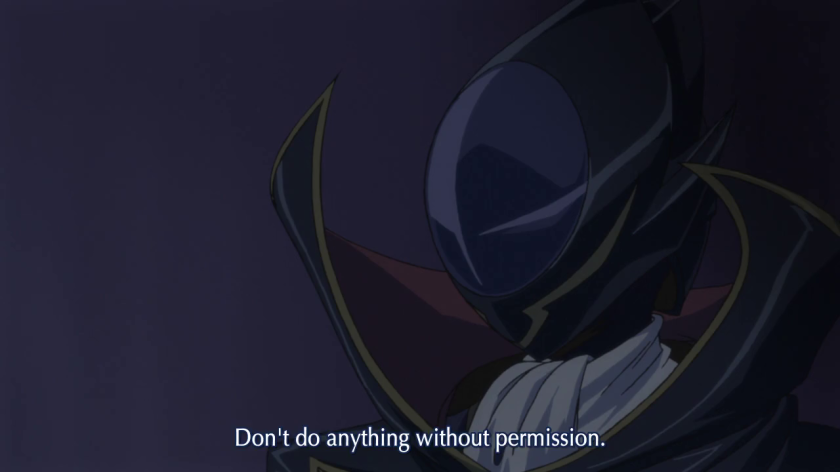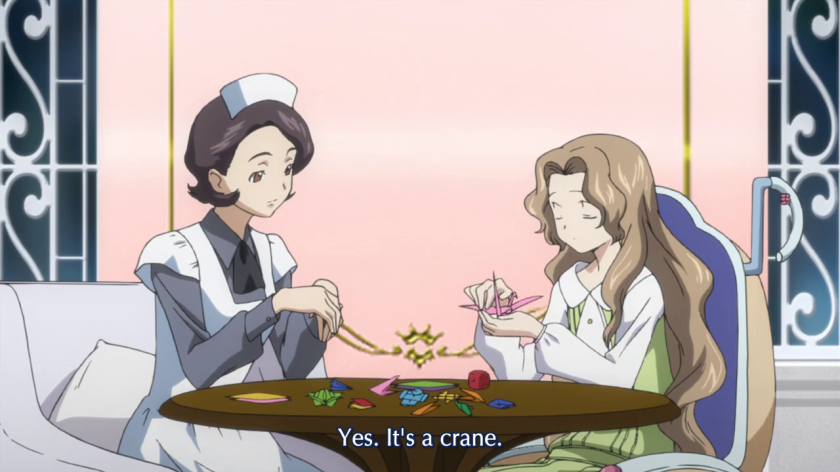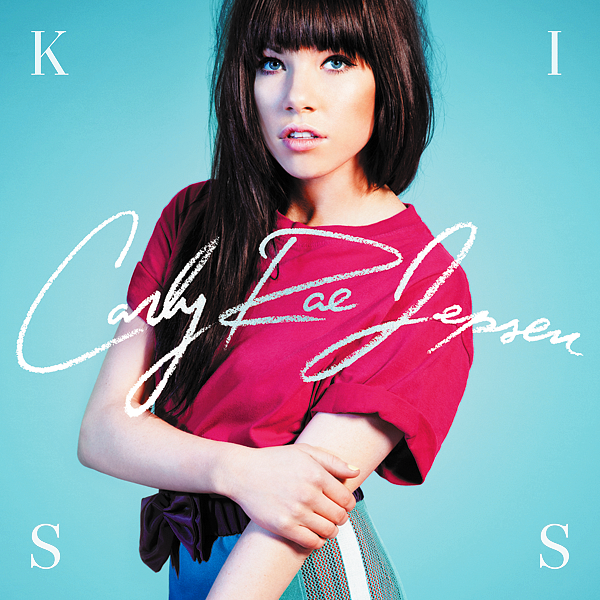
Sometimes I wonder if my dislike for a lot of Pop singers is because of misogyny. Nowadays female singers aren’t docile like they used be. They’re aggressive, can rap, can have a guitar here and there and not shamed of having a lot of sex or of telling someone to fuck off. My manhood is threatened, and thus I cannot enjoy when Lady GaGa tells me about how everything is beautiful and that we should all just be ourselves (That’s because we all have the privilege of being skinny, right?). I can’t stand Rihanna because a sexually assertive woman offends me. Submission is a turn-on, and without it I’m nothing.
Or maybe not. My favorite Pop singers include Lana Del Rey, Tove Lo and Melanie Martinez which are all concept-heavy. As for aggression, I also admire Emilie Autumn who directly attacked her sexual abusers. The problem with the singers in the first paragraph isn’t that they were ‘assertive’. In fact, no one should be scared of Rihanna. She’s so conformist that Chris Brown beating here wasn’t the big deal. The problem with these singers is that they didn’t sell you an image or a concept, but themselves.
Compare Taylor Swift’s “22” – which I actually like – to any song here. Taylor uses the song as a vehicle to inform the listener who utterly cool and fucking awesome she is. It’s about her, not about having fun. She has a lot of exes, she has breakfasts at midnight unlike these lame ‘cool kids’ and they dream instead of sleep. The songs’ music videos even confirm it. In “Good Time”, Carly and Adam Young are surrounded by people who actually look different and don’t seem to be doing anything but having fun. Everyone in Taylor’s video looks perfect and skinny. It’s a song about contrasts, not about partying.
When everyone got taken away by EMOTION – and by ‘everyone’ I mean ‘music nerds’ – the shock was hearing a Pop singer who really didn’t care about seeming cool. She did way before “I Really Like You”. From a distance, this and “Call Me Maybe” sound like an artist with one gimmick that milks it. Listen to a whole album, and it’s a modus operandi. If Carly can’t deviate, it’s because she’s having too much fun, doesn’t need and want to and invites you to join in.
Adam Young asides, who everyone seems to hate, “Good Time” is such an inviting song. “Call Me Maybe” may have generated the shitty parodies but that song tells you more about who Carly is. Most of the songs here work in the same sphere only with slightly weaker drums. All the songs are about the excitement of first love and first crush, about a possible future that may happen and if it does it’ll be awesome. It’s not exactly optimistic. Rather, Carly captures that tiny moment of happiness when you’re sure someone really likes you or may like you, and you’re kind of emberassed and unsure but enjoy it all the same. Song titles like “This Kiss”, “Curiosity”, “Tiny Little Bows” and “Call Me Maybe” all display this range of emotions. Merge these topics with dance tracks and you have great party music that’s happy, not tough. People who don’t jump to “Tiny Little Bows” look like they’re trying too hard to reach the Idea of Coolness.
Carly’s performance is also perfect. Another problem of contemporary Pop singers is how much they love show us their voice. Often, the songs aren’t meant to be enjoyed. Even the performance isn’t meant to be enjoyed. Rather, we’re supposed to be impressed, stand aside and admire all the vocal acrobatics. Adele epitomizes it and Sia is the biggest offender. Imagine if Sia sang these songs. Will “Turn Me Up” sound so cute and confused if Sia howled? Would it even be about confusion, instead of about how awesome Sia is? Carly sings so low and calm. She rarely stretches her voice, trusting instead her character shine through her voice. It also makes the song more listener-friendly, making it sound like anyone can sing them.
At times she does stretch her voice for something more profound, but it’s so rare it leads to a weird effect. On “More Than a Memory”, she stretches her voice just a little to suit the song’s more somber mood, and it makes her seem vulnerable and worried. Since she doesn’t stretch it often, she shows us that this moment is more important than others – the relationship might die! She also loses the tune a bit on “Guitar String/Wedding Ring”, and the result is ridiculously cute. The song’s lyrics are a bit nonsense, but they, along with the sparkling, noisy production and Carly’s messy voice expresses the excitement and thrill of love all the more effectively. Music is, after all, acting. I’m sure many can sing that song better technically, but I doubt if anyone can convince me like Carly does.
Only one song does stick out where she sounds closer to her contemporaries. That’s “Tonight I’m Getting Over You” which includes an actual bass drop. The noises this time are aggressive instead of sparkling and Carly tries to reach to the top of her voice. It’s also a total success because it focuses on this idea, instead of using these tools as a modus operandi. It’s not another generic club banger but a singer who’s full of pain and needs to let it with singing and loud beats. What’s beautiful is that once the chorus hits, she still sounds vulnerable and hurt. The cries of “getting over you!” aren’t triumphant, but sound like she’s trying to convince herself by constantly repeating it. Many said that “Chandelier” by Sia mixed the whole party-and-depression thing well, but that song, like anything else by her, is about how Sia awesome is. Carly outdid everyone else.
It’s interesting how clean this album is. In a world where singers like Rihanna use misogyny and objectification of women to seem powerful – because being approved by wifebeaters like Chris Brown means you’re strong? – it’s refreshing to hear someone who doesn’t need to go on and on about it. Carly is sexy in her way. She’s not afraid of it, she’s just more concerned with love and having fun. “Good Time” works because, unlike other party songs it’s for everyone – not just people who happen to be sexy. Her excitement in “Tiny Little Bows” is way sexier than anything by Rihanna. Carly was actually older than most singers when she recorded this and many called this ‘immature for her age’, but is it really?
Today Kiss sounds more like a prelude to the brilliant EMOTION, and it’s not as all-encompassing as that albums. Still, what it does it does brilliantly. “Call Me Maybe” is actually buried in a sea of highlight, and there’s a consistent mood that shows Carly always believed that Pop is an album genre. Even the acoustic ballad “Beautiful” doesn’t let down the pace. 12 joyous Pop songs about excitement and love that invites everyone are too much to become viral in this age of irony, but really, if you dislike this you may be trying too hard to seem tough.
3.5 kisses out of 5

